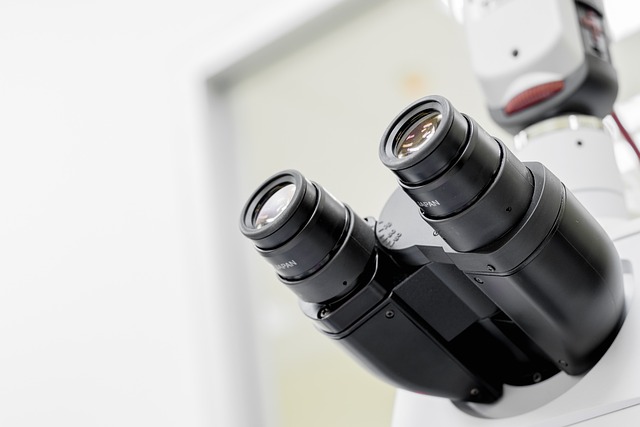
Unleashing Innovation: The Science and Technology of Building Self-Confidence in Workplace Culture
In today’s fast-paced and ever-evolving workplace, self-confidence plays a pivotal role in fostering innovation. It acts as a catalyst, propelling employees to express their ideas freely, challenge the status quo, and collaborate harmoniously within teams. However, building a culture of self-confidence requires a seamless blend of science and technology, creating an environment where every employee feels valued and empowered.
Recent research in psychology reveals that self-confidence is not merely a byproduct of individual personality traits; it can be cultivated through strategic practices and inclusive workplace culture. Integrating principles from behavioral science, organizations are now adopting techniques that encourage employees to embrace their capabilities and take calculated risks. For instance, positive reinforcement methods, such as regular feedback and recognition, help in solidifying an employee’s belief in their abilities, which in turn fuels their innovation potential.
Moreover, technology serves as a powerful ally in enhancing self-confidence in the workplace. By harnessing tools like AI-driven assessments and personalized learning platforms, organizations can provide tailored learning experiences that align with individual strengths and weaknesses. These digital solutions allow employees to embark on a self-discovery journey, gaining insights into their skill sets and identifying areas for growth, thereby boosting their self-assurance and creativity.
Creating an environment that nurtures self-confidence also calls for leaders who prioritize psychological safety. When employees feel safe to voice their ideas without the fear of ridicule, it fosters a culture of open communication. Training programs that focus on emotional intelligence and empathetic leadership can dramatically shift the dynamics within a team. Such leaders become champions of innovation, encouraging their teams to explore new avenues, ultimately benefiting the organization as a whole.
Additionally, incorporating collaborative tools that facilitate teamwork and communication can strengthen the self-confidence of employees. Platforms that enable brainstorming sessions, project updates, and collaborative feedback allow team members to share ideas with ease, ensuring that even the most introverted voices can contribute to the creative process. Consequently, this level of integration reduces the barriers to participation and builds a community that thrives on shared knowledge and support.
In essence, the intersection of science, technology, and leadership efforts in enhancing workplace culture is vital to instilling self-confidence in employees. As organizations unleash innovation through self-assured teams, they pave the way for a transformative future where creativity and productivity are no longer constrained by self-doubt but are driven by a collective belief in their capabilities. Embracing this multifaceted approach not only elevates individual morale but also propels organizations towards sustained success.



